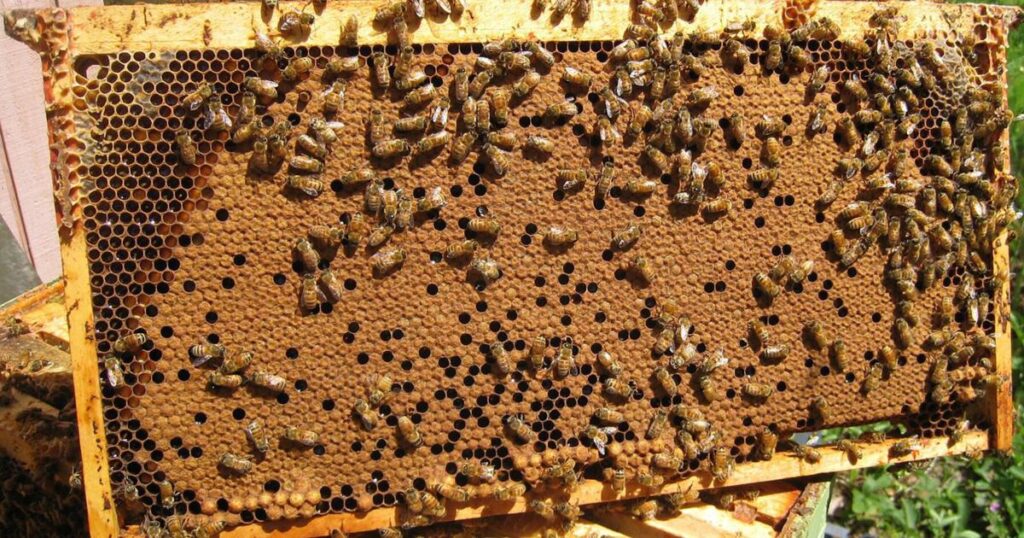As urban gardening has gained popularity in recent years during the COVID-19 pandemic, backyard beekeeping has been gaining traction as well. Although many people may think of beekeeping as a quirky hobby, backyard beekeeping is gradually becoming a more common activity. If you want to start your own hive or simply want to learn more about hives, this guide will get you up to speed.
Get started:
Check local laws: Some municipalities have certain regulations regarding the distance between bee hives and neighboring homes, as well as hive maintenance and registration.
Buy equipment: Buy bee suits, gloves, and smoking equipment. This calms the bees before opening the hive and reduces bee aggression. Order a “bee box” containing one colony and one queen for your hive. Mann Lake is a popular online supplier of equipment.
Choose a suitable location: Choose a sunny location for the hive that is protected from the wind. It is preferable to position the hive facing the flowers to guide the pollination journey. To avoid trouble, please also maintain distance between neighbors. Be sure to get permission from your neighbors before purchasing any equipment.
Nest Care: Inspect the nest every 1-2 weeks. Regular inspections can help prevent pest infestations such as Varroa mites early. If your bees appear stressed or malnourished, you should feed them syrup. Signs of stress to watch for include bees swarming in circles or deviating from their normal behavior. Malnutrition manifests itself when bees move slowly. It is normal for bee numbers to fluctuate, especially during the winter when there are fewer flowers available for foraging.
So why beekeeping?
Pollination power: Bees are the basis of ecosystems. Research shows that without bees, the world’s food system would collapse. Keeping bees directly benefits local flora and fauna and contributes to the maintenance of the ecosystem.
Harvesting honey: Once the hive is thriving, keepers can extract honey from the wax-coated frame. Cut off the waxed top of the frame, pour in the honey, and strain through cheesecloth. There’s nothing more delicious than home-grown raw honey! Provide some frames for bees during the winter. Additionally, there are nest byproducts such as beeswax that can be used in lip balms and other products.
Environmental Education: Beekeeping provides hands-on learning about the complex relationships in ecosystems and how to keep them in balance. As we live in an increasingly fast-paced world, it’s a great way to take a break outdoors and reconnect with nature. Additionally, as climate change continues to increase, it is important that people take a more active role in protecting the planet.
Community Collection: Connect with other beekeepers in your community. Perhaps you are not alone. In addition to online forums, there are many community-based organizations focused on beekeeping. Experienced beekeepers can also provide localized insight and support.
Beekeeping is no small feat as it requires a lot of patience and care. Remember that beekeeping is not just a hobby. We are promoting initiatives for environmental management. By raising awareness and advocating for bee protection, we can all contribute to a healthier planet.

